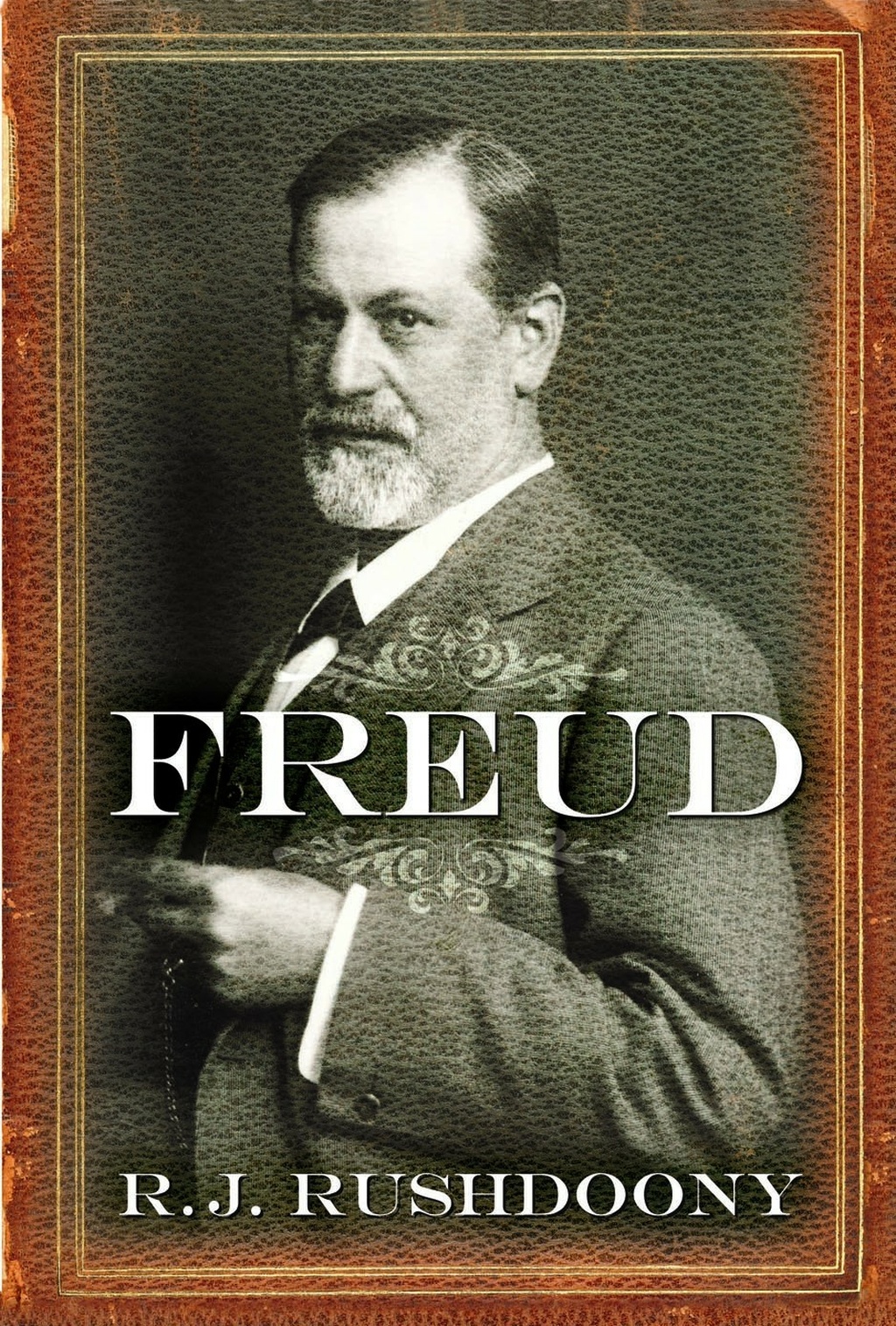
Freud
As long as man views guilt as a problem for science instead of religion, the influence of Sigmund Freud will remain lurking in the mind of modern man. This analysis of one of history's most insidious players will provide insight into the modern rush to abolish Christianity and Biblical thought.
eBook , Hardcover

- R. J. Rushdoony
For years this compact examination of Freud has been out of print. And although both Freud and Rushdoony have passed on, their ideas are still very much in collision. Rush shows conclusively the error of Freud's thought and the disastrous consequences of his influence in society.
As long as man views guilt as a problem for science instead of religion, the influence of Sigmund Freud will remain lurking in the mind of modern man. Freud was an architect of the modern world — an unholy builder — like Marx and Darwin. Freud was also a hater of religion — specifically the Bible and its absolute standard. He believed Biblical theism to be the "delusion" which compounded man's central problem of guilt. Freud wanted man to accept his moral predicament without reference to sin.
This analysis of one of history's most insidious players will provide insight into the modern rush to abolish Christianity and Biblical thought.

- R. J. Rushdoony
Rev. R.J. Rushdoony (1916–2001), was a leading theologian, church/state expert, and author of numerous works on the application of Biblical law to society. He started the Chalcedon Foundation in 1965. His Institutes of Biblical Law (1973) began the contemporary theonomy movement which posits the validity of Biblical law as God’s standard of obedience for all. He therefore saw God’s law as the basis of the modern Christian response to the cultural decline, one he attributed to the church’s false view of God’s law being opposed to His grace. This broad Christian response he described as “Christian Reconstruction.” He is credited with igniting the modern Christian school and homeschooling movements in the mid to late 20th century. He also traveled extensively lecturing and serving as an expert witness in numerous court cases regarding religious liberty. Many ministry and educational efforts that continue today, took their philosophical and Biblical roots from his lectures and books.